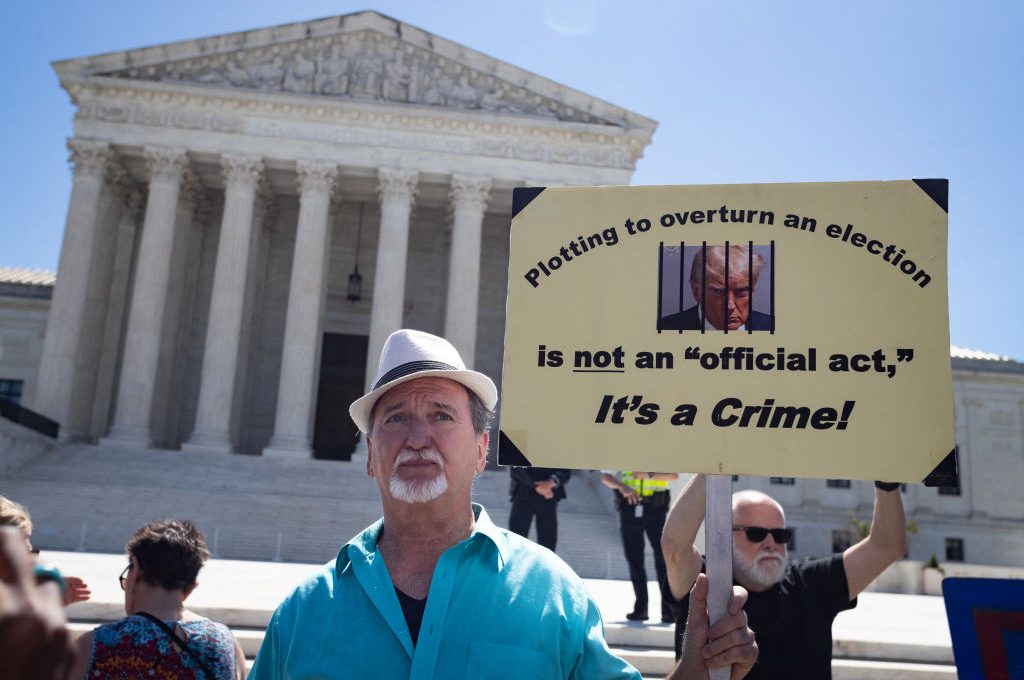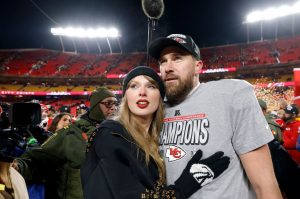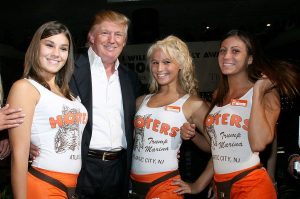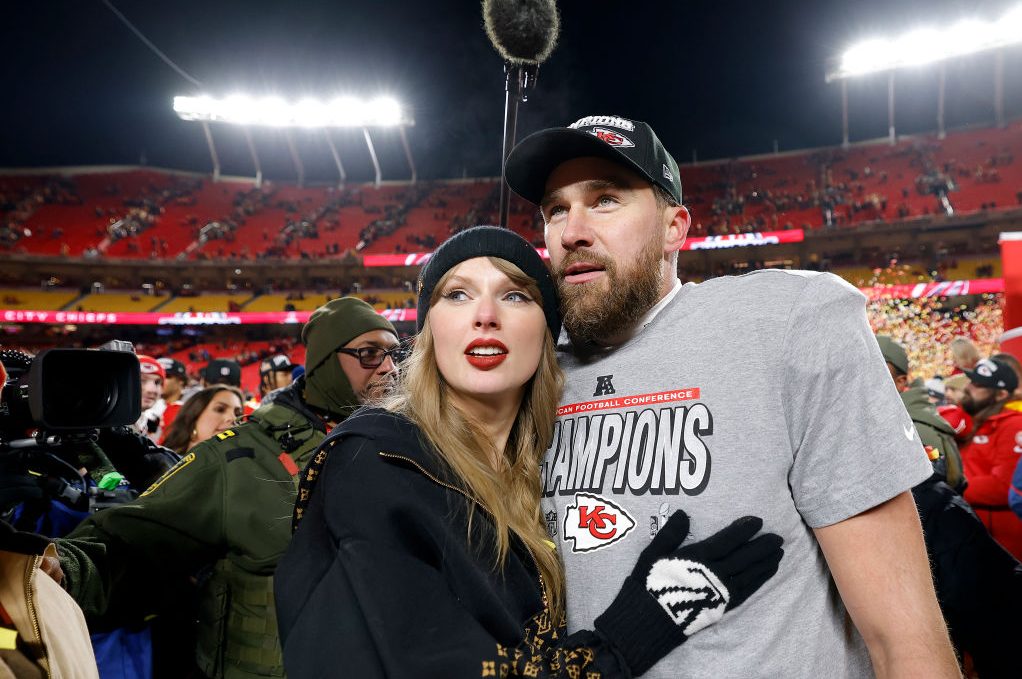All is unfolding as I have foreseen. Yesterday, reviewing last week’s Supreme Court decisions and indulging in a little well-earned Schadenfreude over Thursday’s scenes from the geriatric dementia ward, I noted that what SCOTUS would probably issue its final opinion of the season, on the question of presidential immunity.
So it turned out to be. This morning, “Trump v. United States” dropped. For the first time, the Court pondered the question, “Does a president have immunity from prosecution?” or, to use the language of the opinion, “Whether and if so to what extent does a former president enjoy presidential immunity from criminal prosecution for conduct alleged to involve official acts during his tenure in office.”
The answer was more or less what I predicted. I wrote that, while no one outside the hallowed halls of the Court really knew how the Court would come down on the issue, “most observers expect the Supremes to recognize immunity for ‘official acts’ but to remand to the lower court the vexed question of what counts as an ‘official’ and therefore protected act.”
That is precisely how the Court decided, 6-3 (Justices Sotomayor, Kagan and Jackson dissenting), though in fact the opinion was even more robustly phrased than I could have hoped. “Under our constitutional structure of separated powers,” the Syllabus of the opinion reads, “the nature of Presidential power entitles a former President to absolute immunity from criminal prosecution for actions within his conclusive and preclusive constitutional authority. And he is entitled to at least presumptive immunity from prosecution for all his official acts.” The one caveat was this: “There is no immunity for unofficial acts.”
;768:[300×250,336×280,320×100];0:[300×250,320×100,320×50]”]Donald Trump once boasted that he could stand in the middle of Fifth Avenue, shoot someone and not lose any voters, so loyal were his supporters. That may or may not be the case, but I think we can agree that such an action would fall outside the domain of “official acts.”
How about disputing the results of the 2020 election? Jack Smith’s indictment including various curlicues, but that is what it boiled down to. Trump maintains that he believed he had won and was merely trying to protect the integrity of the elections, ergo, his actions were “official.”
That is the $64,000 question. It will, as I predicted, be decided in the first instance by the same DC court that found Trump guilty. “Since,” I reasoned, “the Court is in Washington and the judge is an anti-Trump fanatic, you can take it as meaning that she will not find for Donald Trump. But then his lawyers will appeal, and the case will almost certainly not be decided until after the election.”
Sonia Sotomayor wept bitter tears in her long dissent. The very idea of presidential immunity is anti-democratic. The Court’s decision “makes a mockery of the principle, foundational to our Constitution and system of Government, that no man is above the law.” She then indulged us with a little aria about Donald Trump’s “criminal and treasonous acts,” et cetera.
Were Justice Sotomayor’s view prevail, a president would require a rearview mirror before he took office, for his every action would potentially be open to challenge or later legal action. Where does President Trump’s behavior fit on the schema laid out by the Court? That’s for the DC district court to consider. I would be shocked if they found for Trump. But it won’t matter, because by the time it is finally adjudicated by the Supreme Court, Trump will have been reelected in a landslide and the question will be moot.
;768:[300×250,336×280,320×100];0:[300×250,320×100,320×50]”]

























Leave a Reply